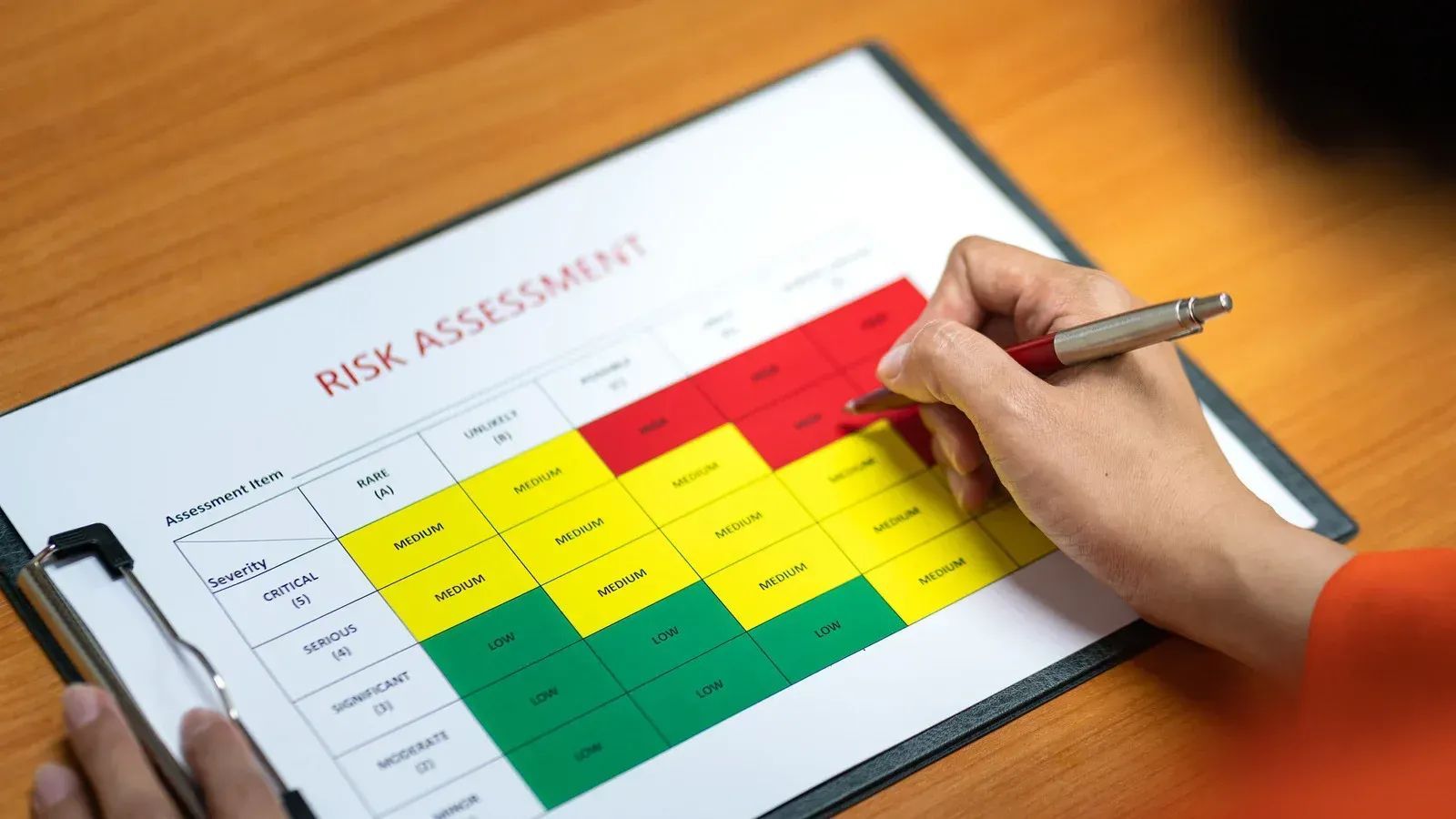What to Expect During the U.S. Citizenship and Naturalization Process
July 16, 2025

Becoming a U.S. citizen through naturalization is a proud and life-changing milestone. For many immigrants, it represents the culmination of years of residency, hard work, and dedication to building a life in the United States. However, the path to citizenship involves a structured legal process governed by U.S. immigration law. Understanding each stage of this journey—from eligibility to the oath ceremony—is crucial for a successful application. With the right legal guidance, applicants can navigate requirements confidently, avoid setbacks, and increase their chances of approval. This blog outlines the key steps involved in the naturalization process and what applicants should expect along the way.
1. Determining Eligibility for Naturalization
The first step in the naturalization process is confirming eligibility. Generally, applicants must be lawful permanent residents (green card holders) for at least five years—or three years if married to a U.S. citizen. Other requirements include being at least 18 years old, demonstrating continuous residence and physical presence in the U.S., and exhibiting good moral character. Legal advisors can help assess individual eligibility based on these and other criteria, including exceptions for military service.
2. Filing Form N-400
To begin the application process, eligible individuals must file Form N-400, the Application for Naturalization, with U.S. Citizenship and Immigration Services (USCIS). This form requires detailed personal, residency, and employment history, as well as information regarding any criminal background or previous immigration issues. Supporting documents such as green card copies, tax returns, and marriage certificates must also be submitted. Accuracy and completeness are essential to avoid delays or denials.
3. Biometrics Appointment and Background Checks
Once the application is accepted, USCIS will schedule a biometrics appointment. During this session, the applicant’s fingerprints, photograph, and signature are collected for security and background checks. The results help verify identity and screen for any disqualifying criminal history. Though straightforward, this step is critical to maintaining the integrity of the naturalization process. Applicants should attend all scheduled appointments and bring the requested documents.
4. The Interview and Naturalization Test
The most significant part of the naturalization process is the in-person interview with a USCIS officer. Applicants must answer questions about their application and pass the English and civics tests—unless exempt. The civics portion covers the U.S. government, history, and rights of citizens. Those who pass both the interview and tests are approved for the final step: the oath ceremony. Failing the test typically allows for one retake within 60 to 90 days.
Naturalization is not only a legal process but also a personal achievement that brings full participation in American civic life. With a solid understanding of the steps involved and support from experienced legal professionals, applicants can approach their journey with clarity and confidence, ultimately achieving the goal of U.S. citizenship.
Ibrahim & Dobaria Law, PLLC, based in Lansdale, Pennsylvania, brings over 45 years of combined experience helping individuals through the U.S. citizenship and naturalization process. Our team offers trusted legal support and detailed guidance every step of the way.







